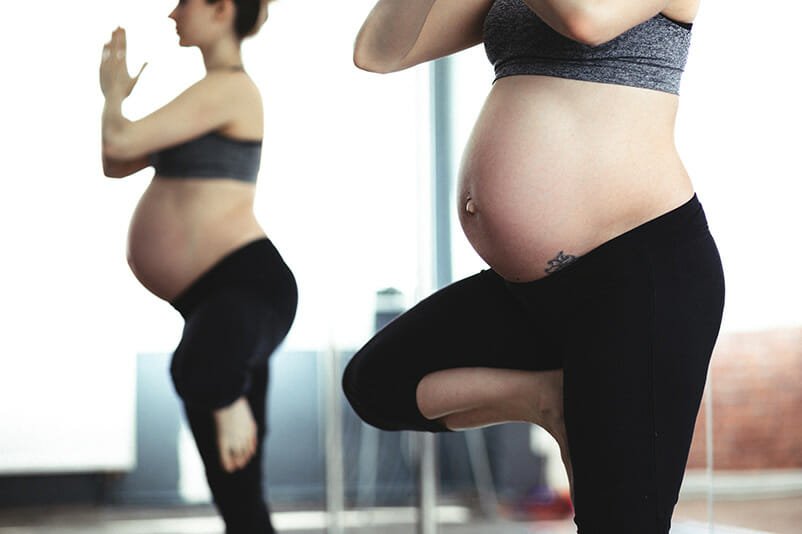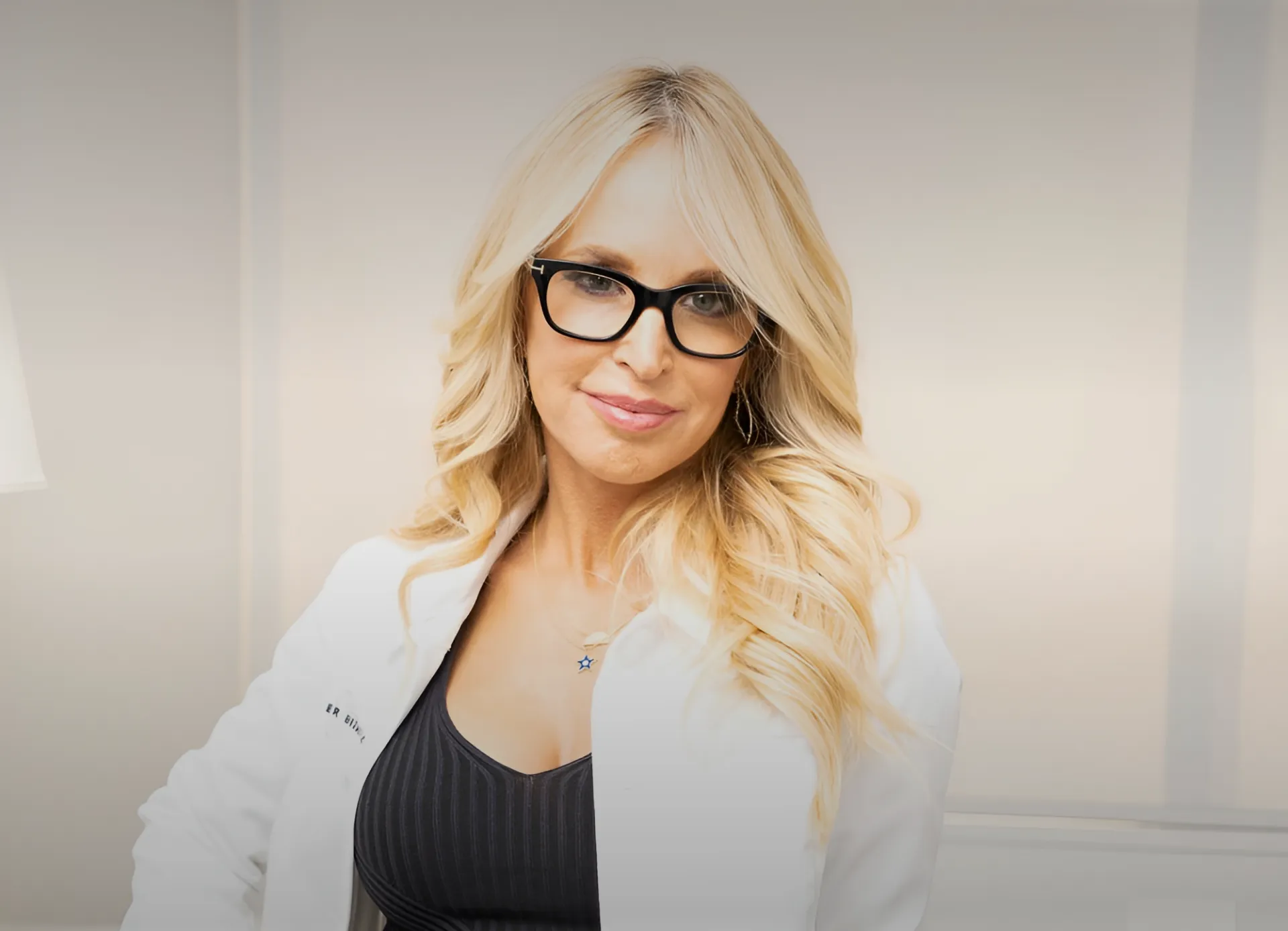This time it’s going to be different! I won’t have as much trouble with pain or a prolonged process. I have an appointment scheduled, so Ill be fully prepared. Above all, I hope to avoid incontinence and prolapse problem’s later in my life. Ive elected to have my baby by caesarean section.
Before the C-Section Procedure:
This is my personal choice and yet, many in the health care community see it as a controversial one. Interestingly, 31 percent of the female ob-gyn’s interviewed in the British medical journal Lancet (1997) said they would choose elective Cesarean section for themselves for no medical reason whatsoever. More and more women are choosing to have elective c-sections. It’s the country’s most common surgery with nearly one in four babies being born this way.
So why am I choosing to have a c-section? There are two main reasons. First, I had a very difficult time with the delivery of my son, Max in December, 1999. I was in labor for 18 hours, which was made more difficult by the fact that I had an epidural too early, which in turn caused the birth process to slow down.
Max was supposed to have been a seven-pound baby, but was actually nine pounds, eight ounces. His head and shoulders got stuck in the birth canal and he suffered fetal distress. Given my body habitus, he should have been delivered c-section, but I persevered and delivered vaginally.
My second reason for choosing c-section stems from the work I’ve done as a urologist. During a reconstructive surgery fellowship last year, I saw women who suffered the effects of incontinence and prolapse. These effects are directly related to vaginal delivery.
In cases where women are predisposed to incontinence and prolapse, doctors are willing to perform c-section. I experienced incontinence for seven months after Max’s birth and it began to recur during this pregnancy.
Had I seen patients with such problems before Max was born, I would have elected to have a c-section with him, too. I decided that I didn’t want to risk more incontinence or prolapse in the future.
In the past, conventional wisdom held that a woman should only have a c-section in cases of emergency: fetal distress, a baby in breech (feet first) position, mother’s blood pressure, preeclampsia, and other health concerns. Vaginal births were ?mother nature’s way; it is also the way most obstetricians and midwives have been taught. In some cases, women who had caesarians felt inadequate, thinking they’d somehow failed to do things the ?right way.?
Now, however, women and their doctors are turning to c-section to reduce the inherent risks of vaginal delivery. These risks include damage to the pelvic floor, urinary and rectal incontinence, vaginal tearing, and pain. Complications from episiotomy (the cutting of the perineum, the area between the vagina and the anus) can cause scarring and lead to painful intercourse. In cases of vacuum or forceps delivery, these risks to baby and mother increase.
Even elective c-section, with its measure of control, is not without risks. It is major surgery that has the potential to cause excessive blood loss, infection, deep vein thrombosis, bowel and bladder damage. The baby can experience respiratory distress syndrome if it is born too early. The recovery period for c-section can be longer than for vaginal delivery and there can be accompanying sexual dysfunction due to adhesions.
Note: Be aware that these are my personal opinions. If you are interested in c-section as an option for yourself, speak with your doctor.
I had my wonderful daughter, Isabelle Hadley, on February 11, 2003. She weighed 7 pounds 8 ounces and is 19 inches long. And I was happy to share those moments with you. The birth was broadcasted as part of the Discovery Health Channel’s “Birth Day Live” special.
If I ever have a third child, I will again select c-section. I just want you to know that in the last week of my pregnancy my only thought was that a scar on my belly cannot be as excruciating as the lower back pain I’ve had for weeks! I’m stopped thinking about the effects of surgery, I just wanted it all to be done!!
I plan to write another article on the after-effects of my surgery, to let you know just how it compared with my first delivery and the current after-effects. Stay tuned!
After the Procedure:
I wrote an article on why I elected to have a cesarean section. It was a very personal article about a huge event in my life. On February 11, 2003, I gave birth to a beautiful baby girl, Isabelle Hadley.
A good place to start is an interview with Mary Alice Williams from Discovery Health Channel TV during the “Birthday Live” program in February, 2003. That interview took place just a few days after I gave birth. Here is a portion of it:
Mary Alice Williams: Why did you choose an elective C-section? Was it because of how arduous the first birth was?
Jennifer: Right, because of how arduous the first birth was. There were complications. It was difficult getting him out, and I also had a lot of problems with incontinence, leakage of urine, for upwards of about seven months afterwards. And with a goal of trying to protect my pelvic floor and vagina I chose to have an elective c-section. I knew there would be pain, but I didn’t imagine it would be afterwards. During [the c-section] it was great, you know? It was a walk in the park. It was afterwards that [there was pain]. And not everyone, I guess, experiences that amount of pain, but I certainly did.
MAW: What are the signs of what is going to be chronic and particularly difficult postpartum?
Jennifer: Well, I think you are right in that it is a huge change to your body and to your life, so it’s natural to be anxious and upset. But even in the first week women can become so depressed that they really are at risk for harming others or harming the baby. So even if it isn’t the first week it isn’t something that should be brushed off. Certainly if it lasts after several weeks after you’ve adjusted, after you’ve gotten the baby home, it is something that you really need to make sure that you tell your doctor about and that you get evaluated for even medication even.
MAW: For many women is it a chemical imbalance caused by the pregnancy? Hormone departure, so it self corrects?
Jennifer: Well, it doesn’t necessarily always re-equilibrate, so that is the reason you sometimes need a little extra help.
MAW: Let me ask you this. It’s a serious question. We have had so many generous and brave women tonight, total strangers to us, allow us to peer into this most intimate and special moment in their lives? Tell me how you decided to let us peak in?
Jennifer: From my personal perspective I think it is something that my daughter, Isabelle, would find to be a memento of her life. That’s my perspective. But I also think it is really important for women to see and understand what it is really like. I thought it was important for women to see from my perspective going through it first hand, why I did it, what actually happens, and now I’m going to let you know, everybody, about the postpartum recovery.
I think it is important for women to understand all of that and how it affects my sex life and my pelvic floor. When you’re going through it for the first time it is really scary. My husband can tell you I was scared to death that A) I was going to die, B) it was going to hurt, so I think that if I can help other women and inform people that’s what I wanted to do.
(This portion was written two months after the birth.)
The golden moment came two weeks after I had Isabelle. The pain, discomfort and swelling began to subside. I could walk around, move and even lay on my stomach. During the first two weeks I didn’t have a recognizable body because of fluid buildup and bowel gas, so I still looked pregnant. I had to deal with quite a bit of pain and since I have a low threshold, it was excruciating at times.
But, at the two-week mark I was feeling well enough to even have sex ! At three weeks I went horse back riding and can resume driving and exercising. I’m currently trying to work out and adjust my diet to lose the weight I gained. It has been harder this time because I’m four years older, so my metabolism has changed a bit.
My mood has also improved since that interview. With my son, Max, I was very teary, emotional with a short fuse during pregnancy and for a few weeks afterward. I had virtually no short-term memory for six months afterward. During my current pregnancy, I felt I wanted to take some precautions, so I asked my doctor to prescribe an anti-depressant. The medication has helped me maintain my equilibrium. Any woman who is considering taking an antidepressant during pregnancy or while breast-feeding should discuss the options with her doctor. Some antidepressants are safer than others to use during pregnancy and breast-feeding. My energy, mood and mental capacity are back to normal.
The family has adjusted fairly well. Max has developed his own 12-step program of reacting to the new addition. At first, he was overwhelmed, quite and observing. That turned into an obsession that he, and only he, was permitted to hold Isabelle all the time. From there he became a little aggressive and needy; he interrupted breast-feeding time and would tap on Isabelle’s head a bit harder than necessary. Now, he has graduated to complete indifference! All this behavior is normal, I hope!
Now I’m beginning to get back into my routine and working full time at my clinic at UCLA. I will continue to let you know how things are going, particularly how my sex life has changed, if at all! Oh, and thank you to the many who have sent best wishes. We all appreciated that.


